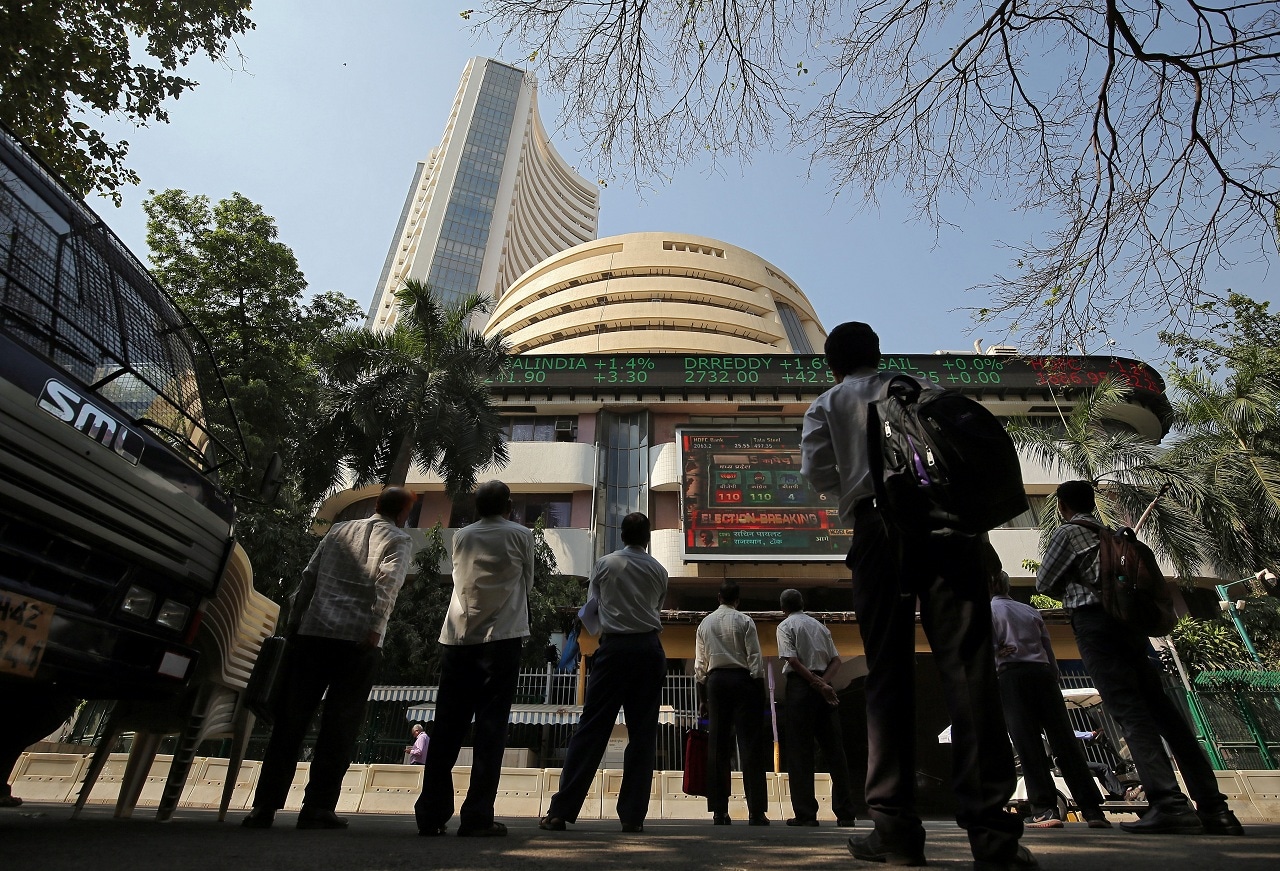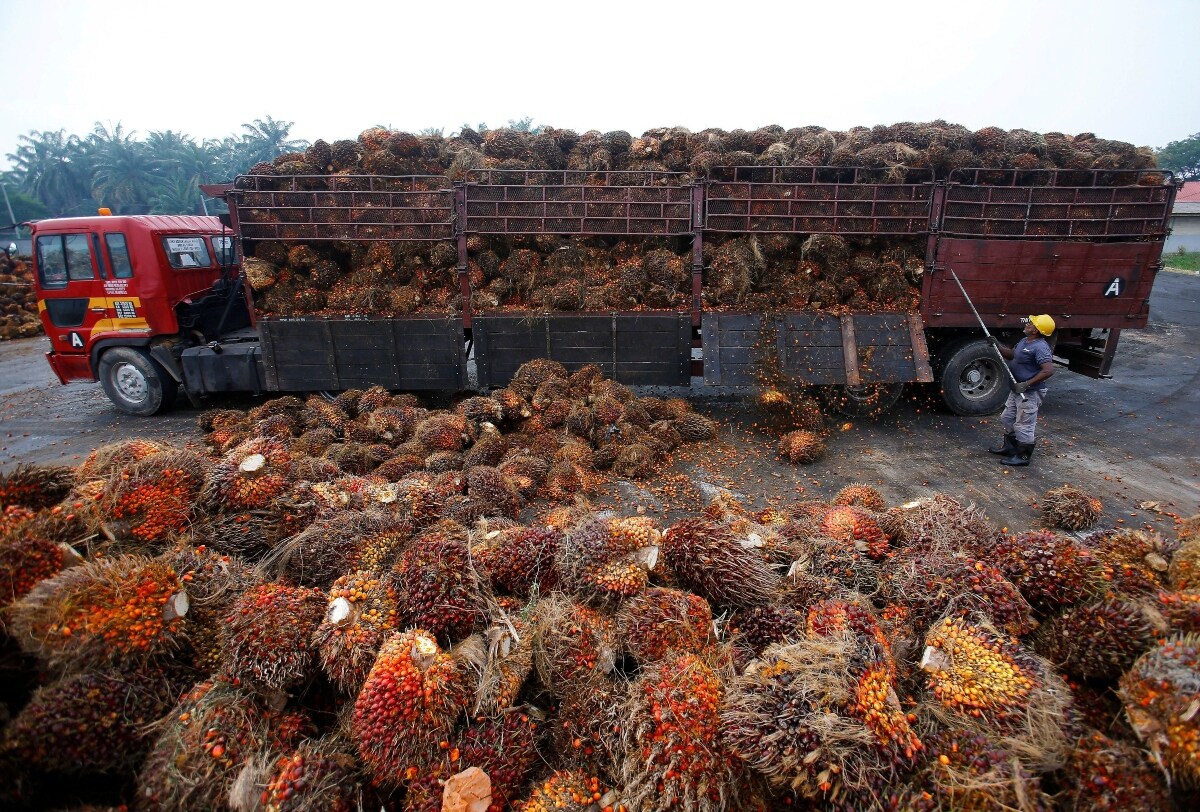[wealthdesk shortname=”PVR” isinid=”INE191H01014″ bseid=”532689″ nseid=”PVR” sector=”Media & Entertainment” exchange=”nse”]
A sharp fall in the last hour of trade saw equity markets end Friday at day’s low but for the week the Nifty, Sensex and Nifty Bank ended flat with midcaps underperforming.
In an interview to CNBC-TV18, Devina Mehra, Founder, Chairperson and MD of First Global said that investors will have to be selective this year unlike in 2021
“We think investors will have to be very selective this year unlike 2021 as you will see divergent trends across sectors and within sectors.”
She remains cautious on the banking sector but continues to have overweight position on select commodity stocks.
Jai Bala, CMT at Cashthechaos.com said that the current bull market correction is likely to last till August.
“The global markets are in a firmly entrenched down trend and it is not going away. This bull market correction is going to be a deep one which is likely to last till July or August. Once 16,850 is broken we are going to see price expansion to the downside for the Nifty.”
Bala recommended buying PVR and Trent for the short term but remains bearish on Britannia.
Watch the accompanying video for more.
Disclaimer: The views and investment tips expressed by investment experts on CNBCTV18.com are their own and not that of the website or its management. CNBCTV18.com advises users to check with certified experts before taking any investment decisions.









